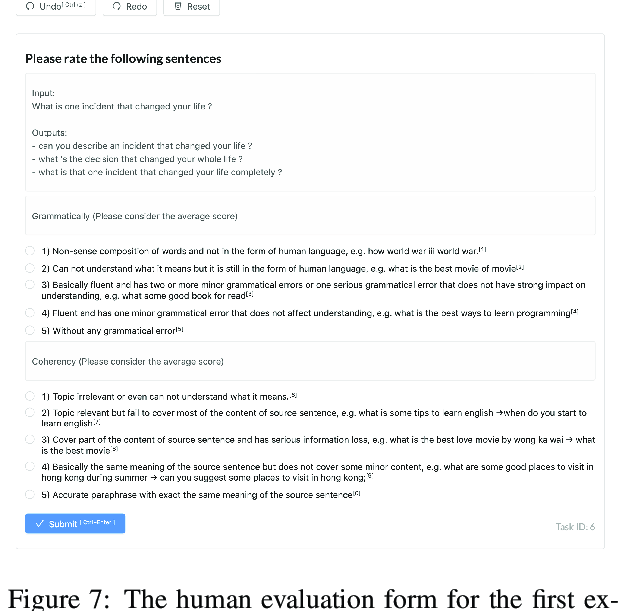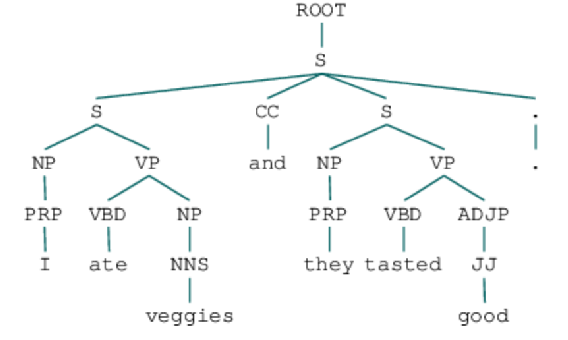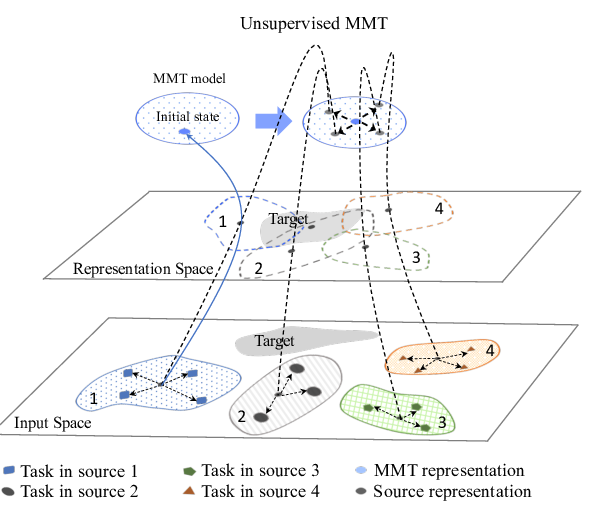Unsupervised Paraphrasing by Simulated Annealing
Xianggen Liu, Lili Mou, Fandong Meng, Hao Zhou, Jie Zhou, Sen Song
Generation Long Paper
Session 1A: Jul 6
(05:00-06:00 GMT)

Session 2B: Jul 6
(09:00-10:00 GMT)

Abstract:
We propose UPSA, a novel approach that accomplishes Unsupervised Paraphrasing by Simulated Annealing. We model paraphrase generation as an optimization problem and propose a sophisticated objective function, involving semantic similarity, expression diversity, and language fluency of paraphrases. UPSA searches the sentence space towards this objective by performing a sequence of local editing. We evaluate our approach on various datasets, namely, Quora, Wikianswers, MSCOCO, and Twitter. Extensive results show that UPSA achieves the state-of-the-art performance compared with previous unsupervised methods in terms of both automatic and human evaluations. Further, our approach outperforms most existing domain-adapted supervised models, showing the generalizability of UPSA.
You can open the
pre-recorded video
in a separate window.
NOTE: The SlidesLive video may display a random order of the authors.
The correct author list is shown at the top of this webpage.
Similar Papers
Paraphrase Generation by Learning How to Edit from Samples
Amirhossein Kazemnejad, Mohammadreza Salehi, Mahdieh Soleymani Baghshah,

Iterative Edit-Based Unsupervised Sentence Simplification
Dhruv Kumar, Lili Mou, Lukasz Golab, Olga Vechtomova,

Multi-source Meta Transfer for Low Resource Multiple-Choice Question Answering
Ming Yan, Hao Zhang, Di Jin, Joey Tianyi Zhou,

Unsupervised Paraphasia Classification in Aphasic Speech
Sharan Pai, Nikhil Sachdeva, Prince Sachdeva, Rajiv Ratn Shah,
